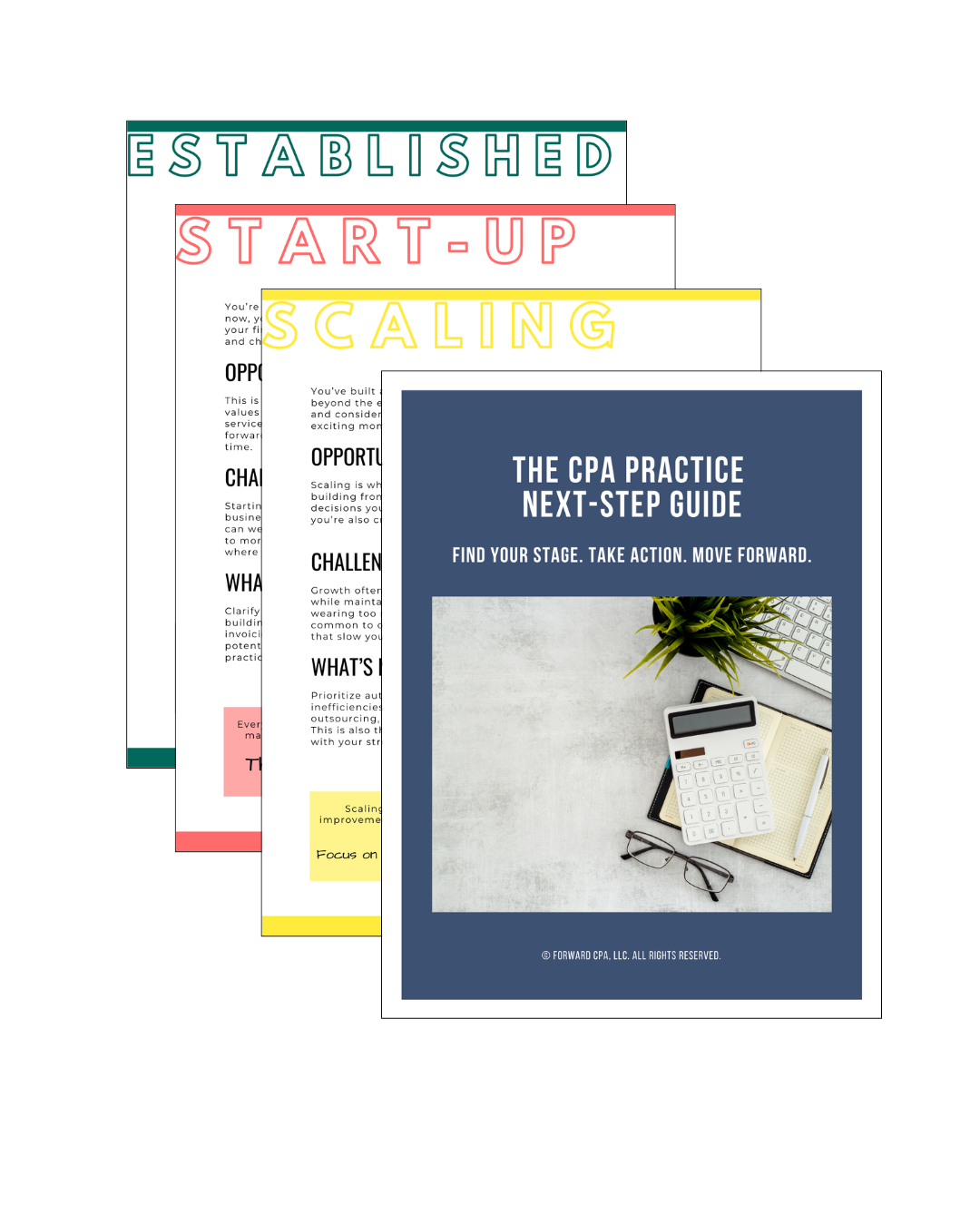How to Train Your Team to Be More Audit-Ready Year Round
May 19, 2025
If audit season feels like a mad dash every year, it’s probably not a capacity problem—it’s a preparation problem.
Many government finance teams have solid people doing important work. But when the audit hits, everything shifts into reactive mode:
-
Digging through old files
-
Backtracking transactions
-
Trying to remember how you handled it last year
It doesn’t have to be this way.
You can train your team to be audit-ready all year long—not just the month before fieldwork.
Here’s how to build a proactive, audit-ready culture (without overwhelming your staff or adding hours to their day).
1. Build Audit Awareness Into Everyday Tasks
The easiest way to train your team is to connect daily work to the audit.
That means making sure everyone understands what auditors look for—and how their role supports clean, complete documentation.
Try This:
-
Show staff how their reconciliations, journal entries, or reports tie directly to audit testing
-
Share prior-year audit findings with context (not blame)
-
Add “Is this audit-ready?” as a question to routine reviews
This shifts the mindset from “do the job” to “document the job.”
2. Standardize File Naming and Folder Organization
Audit prep gets messy fast when documents are hard to find, mislabeled, or stored in a dozen different folders.
Train your team to save audit support in the right place the first time.
Try This:
-
Create a shared folder system labeled by audit area (e.g., Cash, Payroll, Revenues)
-
Use a naming convention like
FY24_Payroll_Recon_June -
Keep monthly support (bank statements, reconciliations, trial balances) saved as you go
Consistency now = time saved later.
3. Schedule Mini Reviews Throughout the Year
Instead of waiting until year-end to tie everything together, set up checkpoints.
Monthly or quarterly reviews help catch issues early, reinforce good documentation habits, and reduce the last-minute crunch.
Try This:
-
Review capital asset additions quarterly with supporting invoices and entries
-
Track grant activity monthly, including revenue recognition and expenditures
-
Reconcile payroll, cash, and debt accounts monthly—and save the support
Make it routine, not reactive.
4. Document Adjustments and Decisions in Real Time
Audit prep isn’t just about the numbers—it’s about the why behind them. If decisions are made in meetings, adjustments are made in the system, or accounting treatments are discussed verbally—document them now.
Try This:
-
Keep a running “audit notes” document throughout the year
-
Record why adjusting journal entries were made and who approved them
-
Save memos, emails, or board documentation related to key financial decisions
When the auditor asks, “Why did this change?”—you’ll already have the answer.
5. Cross-Train and Share Ownership
Audit prep should never be one person’s job. When only one person knows where things are—or how things work—the whole team becomes more vulnerable to turnover, leave, or unexpected absences.
Try This:
-
Assign each audit area (e.g., payroll, cash, fixed assets) to a primary and backup
-
Train both to understand what’s required and where the support is stored
-
Involve more staff in the audit kickoff and closeout process
Shared knowledge creates shared accountability.
6. Turn the Post-Audit Season Into a Learning Opportunity
Right after the audit ends is the perfect time to reflect—and build stronger systems. Don’t just file the report away and move on.
Try This:
-
Host a short team debrief: What went well? What was hard? What should we do differently next year?
-
Document takeaways and action steps
-
Assign tasks or process improvements while the experience is still fresh
Audit readiness is a moving target—but every year is a chance to get closer.
Audit-Ready Isn't a Season - It's a Skill
You don’t need more people or a bigger budget to prepare better.
You just need to train your team to think like auditors year-round.
When staff know what to track, where to save it, and how to document it, you reduce stress, improve timelines, and build trust with your audit firm.
Best of all?
You’ll free up time to focus on the big-picture projects that move your organization forward—instead of scrambling every spring.
Your Next Step Forward
Join the newsletter designed to help CPAs take the next best step in building a practice they love, with practical insights, game-changing tools, and quick wins in every email.
We hate SPAM. We will never sell your information, for any reason.




